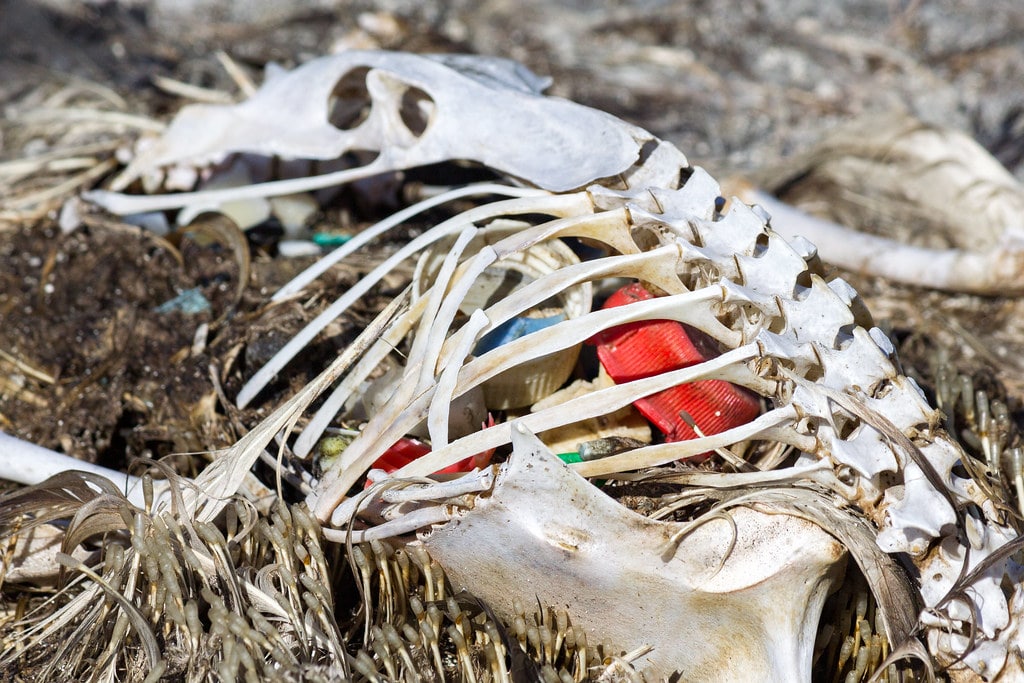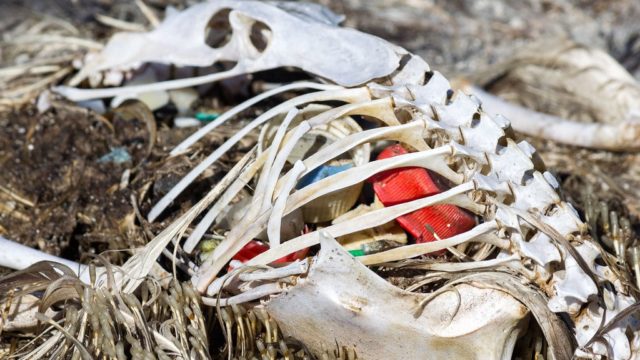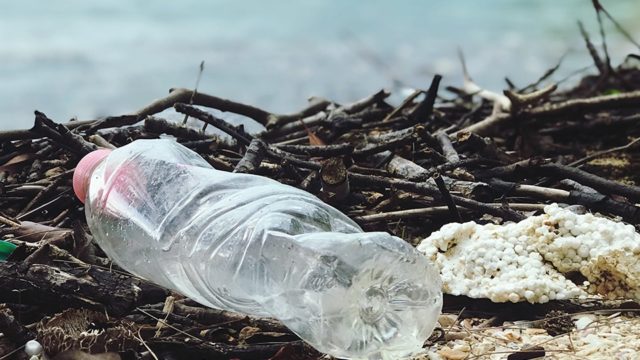Environmental groups support listing of plastics as toxic under CEPA
OTTAWA/TRADITIONAL, UNCEDED TERRITORY OF THE ALGONQUIN ANISHNAABEG PEOPLE – Environmental groups are in court this week to support the Canadian government’s efforts to fend off an industry-led effort to overturn the designation of plastics as “toxic” under the Canadian Environmental Protection Act (CEPA). The groups say it is well within the federal government’s authority to regulate plastic pollution.
Ecojustice, acting on behalf of Oceana Canada and Environmental Defence, will make arguments defending the ability of the government under federal law to combat the growing plastics crisis and introduce checks and balances to hold industry accountable. The groups say industry opposition to plastics regulation is out of step with science and public opinion.
The case was brought by an industry coalition that includes Canada’s three biggest plastic producers, NOVA, Dow, and Imperial Oil. The group dubbed themselves, the Responsible Plastic Use Coalition (RPUC).
While RPUC tells the court and the public that it wants to be part of the solution and “work toward an effective regulatory response,” its founding documents reveal its true objective, which is to “pursue all legal remedies available to prevent the regulation of plastic manufactured items under CEPA, and to conduct any associated public or government relations activities.”
Last year, the coalition launched a second lawsuit, challenging Ottawa’s ban on several single-use plastic items including straws, six-pack drink holders, cutlery, and takeout containers, which came into effect in December 2022. This ban was only possible because of the CEPA listing. Without the designation of plastics as ‘toxic’ under the Act, the government would not have the authority to make regulations such as this to curb plastic pollution. The case is still pending.
Environmental groups intervening in this week’s hearing released the following statements:
Lindsay Beck, lawyer, Ecojustice said:
“The ability of the he industry actors behind this case to profit and pollute cannot supersede the government’s right to regulate in the public interest. Adding plastics to the list of toxic substances under CEPA empowers the Ministers responsible to take necessary steps to fight the growing plastics pollution crises, including by banning several of the most persistent plastic polluting items.
“Regulating plastic can help fuel product innovation and shape new consumer habits that will benefit us all.”
Karen Wirsig, Senior Plastics Program Manager, Environmental Defence said:
“It’s shameful that some of the biggest plastic makers – Imperial Oil, Dow Chemical and Nova Chemicals – are leading a coalition to try to crush environmental regulations in Canada. Plastic poses health and environmental threats at every phase of its existence; there are countless cases of wildlife ending up injured or dead because of plastic pollution. Enough is enough. The government has taken an important step to regulate plastics. Corporate interests must not get in the way.”



